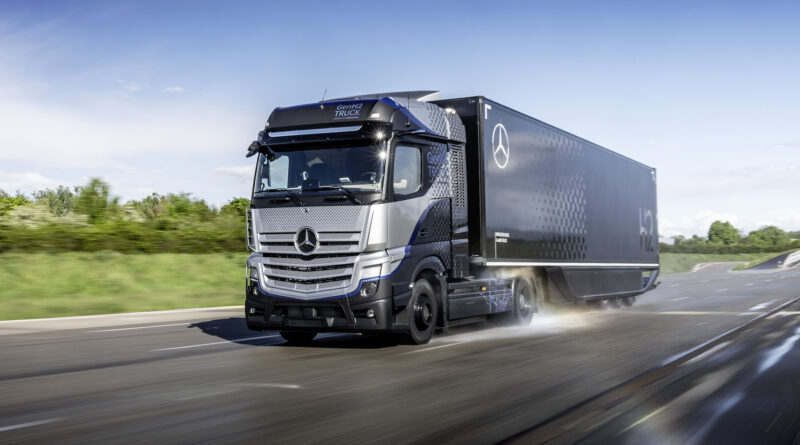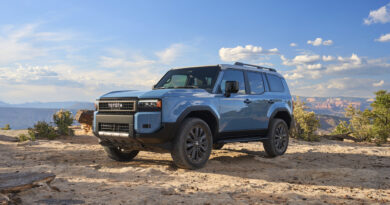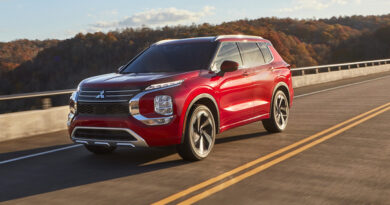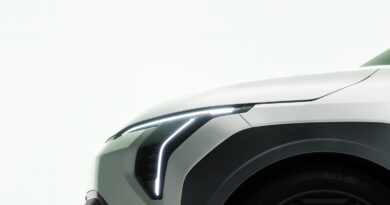Hydrogen fuel cells are trucking wonderful says Mercedes boss
There’s a place for hydrogen fuel cell electric vehicles on the roads of the future… but not in cars, according to one influential car company executive. The technology only make sense for trucks, says Mercedes-Benz chief Ola Kallenius, who recently announced the German brand would be EV only by 2030.
Fuel cells – or FCEVs – convert hydrogen gas to electricity and create only water as a byproduct of the reaction. Two factors make them the smart choice for heavy-duty long-distance goods vehicles argues the Swedish-born exec.
Kallenius begins by noting that Daimler Truck, parent company of Mercedes-Benz Trucks, Freightliner, Western Star and other big-rig brands, recently entered a joint venture with Volvo Group. The aim is to develop a fuel cell system capable of powering a 40-tonne truck through a 1000km-long workday and to have it in production by 2025. The development truck is known as the GenH2 (pictured above).
READ MORE: FCEV future: Every brand working on hydrogen fuel cell technology
READ MORE: Trucking with gas: Mercedes-Benz testing fuel cell electric semi
READ MORE: Mercedes-Benz slashes entry price of EQC EV SUV by $17,000
“We think it’s much more realistic that the fuel cell case is in a business where you need an enormous amount of energy to solve the problem.” Fuel cell tech beats batteries for energy density, he adds.
Hydrogen tanks can store more energy than a battery pack of equivalent size, in other words. And they can also be refilled more speedily.
And building the hydrogen stations to refuel long-distance trucks would be relatively simple, Kallenius believes. “The infrastructure question can be solved in a more pragmatic way,” he says.
“You only need, in the first instance, fueling stations alongside the highway network. For personal-use cars you need it everywhere.”
“So our bet at the moment is battery electric for cars and also, let’s say, commercial vehicles in the city where you don’t have long distances.”
Mercedes-Benz has unleashed a burst of new battery electric cars and SUVs recently under its EQ sub-brand, including the EQE, EQS, EQA, EQB and EQT.
The company also sees battery electric tech as suitable for its AMG performance brand, with the just-revealed EQS53 AMG arriving with more grunt than all but one of the company’s V8-powered brutes. Plus, the iconic G-Wagen off-roader will soon be available as an EV, something previewed as the Mercedes-Benz EQG concept car.
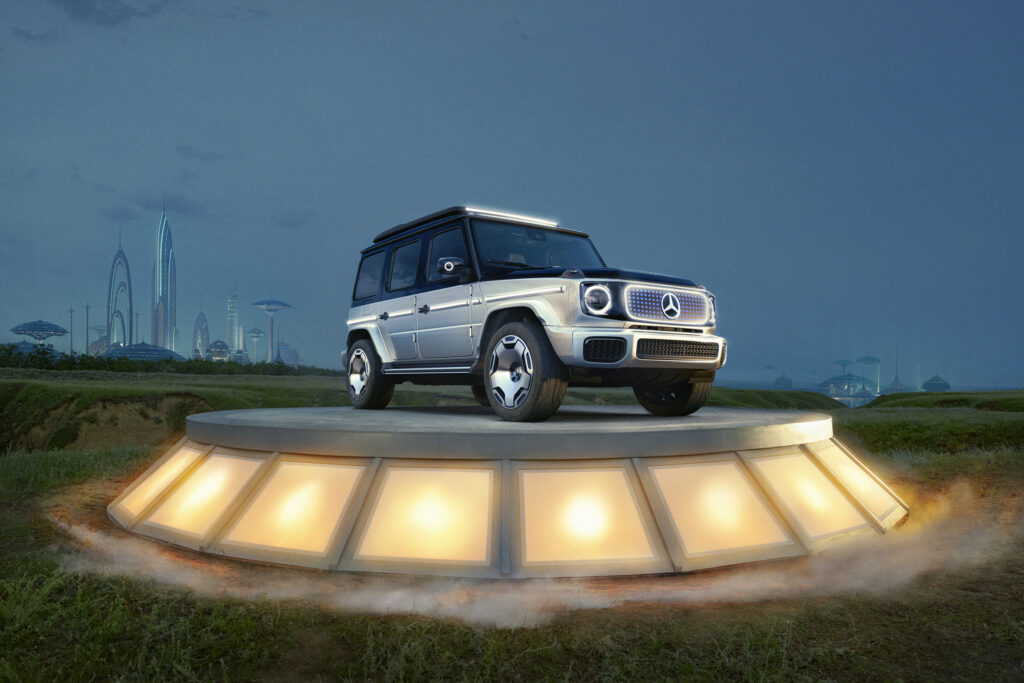
Kallenius’ comments about fuel cells broadly align with those of many other brands that believe FCEV tech works beautifully as a replacement for diesel engines.
Toyota is pushing hard into fuel cell technology with its Mirai that is already available in Australia. And Toyota a hydrogen fuel cell is a good chance to make it into a LandCruiser in future.
Hyundai also sees hydrogen as the perfect long-term alternative to diesel, although that hasn’t stopped Hyundai teasing a 500kW rear-drive hydrogen-powered sports car.
“You know delivery vans or delivery trucks they go from stop to stop. They’re actually standing still more than they’re driving. They maybe only drive 150 kilometres a day. Battery electric fits perfect for that.”
It also makes sense for cars, at least when owners have a wallbox in their garage or parking space.
“You live at the gas station, right?” jokes Kallenius, who spends plenty of time behind the wheel of his company’s battery-powered products.
“Every time when I drive, when I leave my home, I’m actually leaving with a full vehicle. If I have one like the EQS, I can drive for quite some time before before I have to charge again.”
But heavy trucks aren’t used like passenger cars. They don’t spend long hours idle, downtime that can be spent recharging. So hydrogen fuel cells are the most obvious way to make long-distance trucking CO2-free.
“For long-haul, through Europe or through the United States or through Australia, hydrogen as an energy source is a logical bet.”

